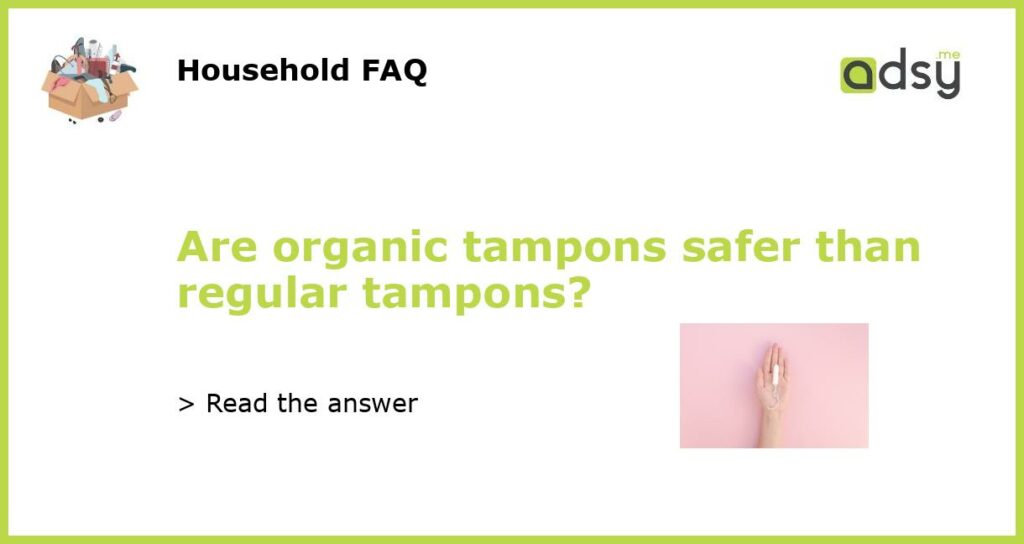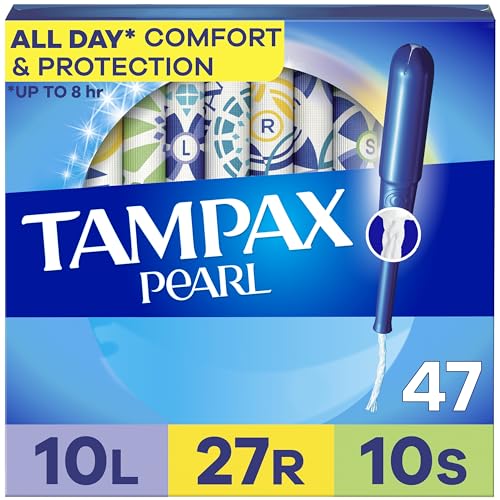Organic Tampons vs. Regular Tampons: Which are Safer?
When it comes to feminine hygiene products, there has been an increasing demand for organic tampons in recent years. Many women are concerned about the potential health risks associated with regular tampons, and are opting for organic alternatives instead. But are organic tampons really safer than regular tampons? Let’s take a closer look at the facts.
Understanding the Hazards of Regular Tampons
Regular tampons are made from a blend of rayon and cotton, and may also contain synthetic ingredients such as fragrance and dyes. They are often bleached using chlorine, which can leave behind trace amounts of a chemical called dioxin. Dioxin is a known carcinogen, and exposure to it has been linked to various health issues including cancer and reproductive problems. Additionally, some regular tampons may also contain pesticide residues from non-organic cotton.
The Benefits of Organic Tampons
Organic tampons, on the other hand, are made from 100% certified organic cotton. They are free from synthetic ingredients, fragrances, and dyes. Organic cotton is grown without the use of synthetic pesticides or fertilizers, reducing the risk of pesticide residue in the final product. This makes organic tampons a healthier and safer option for women.
The Safety Debate: What the Research Says
While there haven’t been extensive studies comparing the safety of organic tampons to regular tampons, there is evidence to suggest that organic tampons may be a safer choice. A study published in the journal Environmental Health Perspectives found that dioxin levels were higher in women who used regular tampons compared to those who used organic tampons. However, it’s important to note that the levels were still below the maximum allowable limits set by regulatory agencies.
Additionally, some experts argue that the risk of dioxin exposure from regular tampons is minimal and unlikely to cause harm. They highlight the fact that dioxin levels in tampons are significantly lower than those found in other sources of exposure, such as food and the environment.
Making an Informed Choice
Ultimately, the decision between using organic tampons or regular tampons is a personal one. While organic tampons may offer potential health benefits, it’s important to note that there is no definitive evidence that they are safer than regular tampons. The most important factor is to use a product that you feel comfortable with and that works well for your body.
If you are concerned about the potential risks associated with regular tampons, you may want to consider making the switch to organic tampons. Look for products that are certified organic and free from synthetic ingredients. It’s also worth exploring other menstrual care options, such as menstrual cups or reusable cloth pads, which are gaining popularity among eco-conscious women.
Remember, the key is to make an informed choice that aligns with your values and preferences. Whether you choose to use organic tampons or regular tampons, prioritize your own health and well-being.






